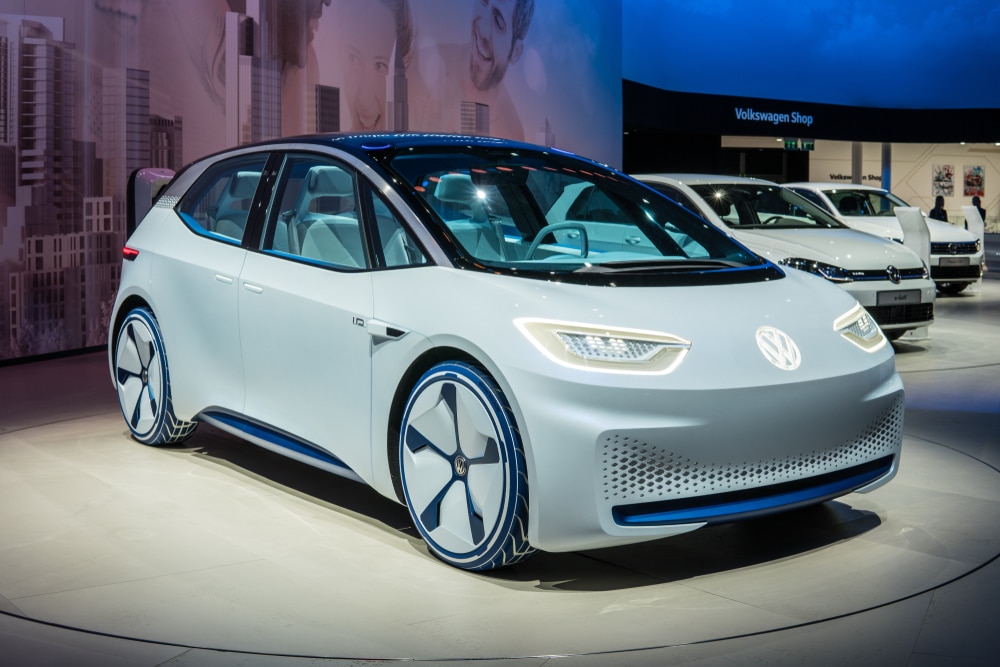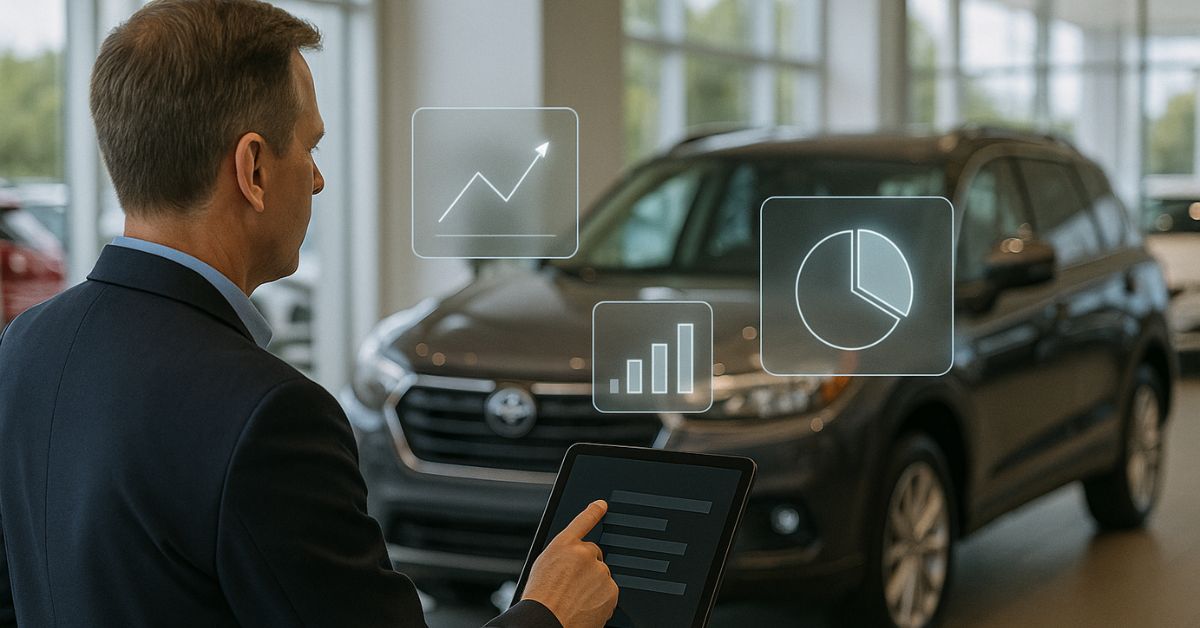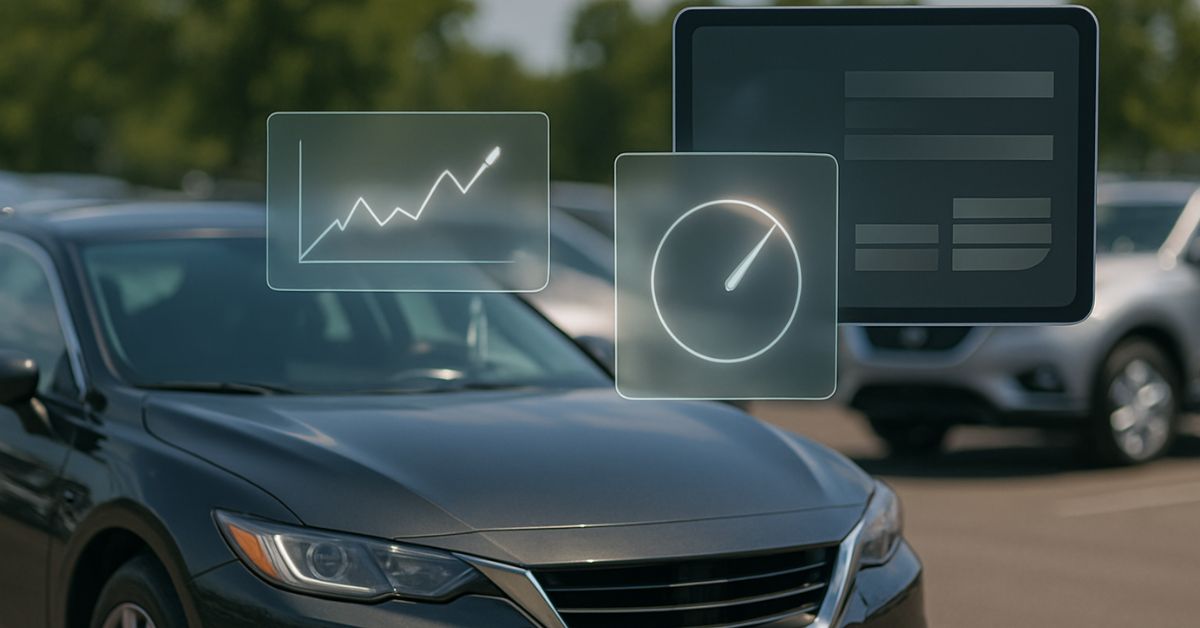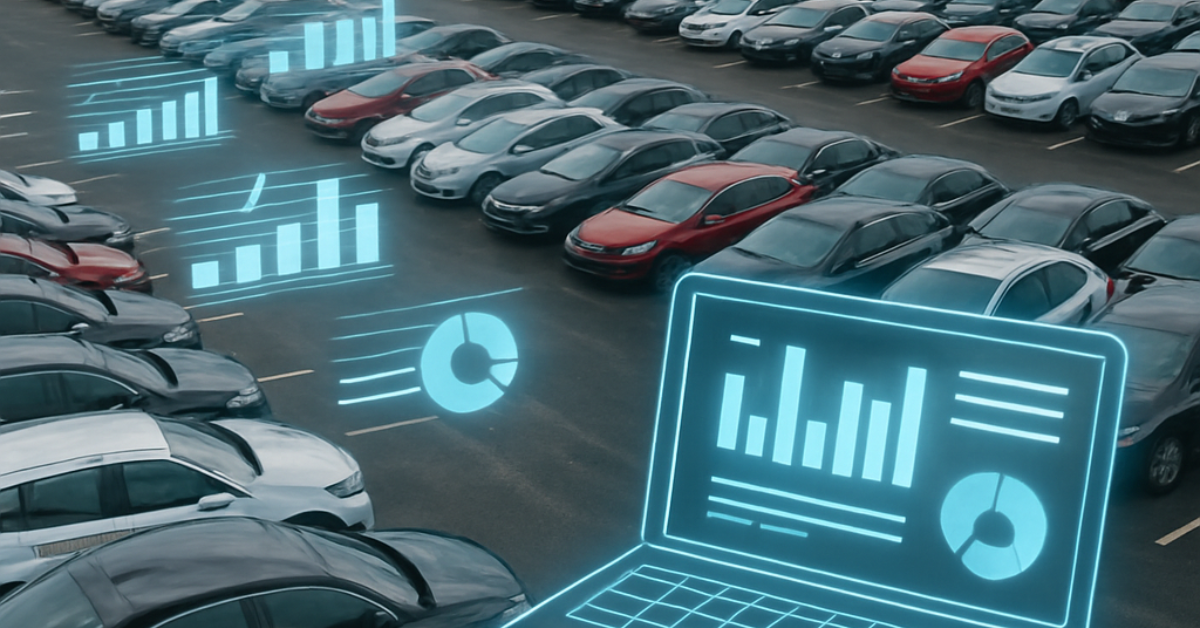Volkswagen electric cars will be on a roll for years to come!
Volkswagen has recently announced a massive investment of $193 billion in electric cars and software development. In a report by The New York Times, this is part of the company’s plan to transition from traditional fuel-burning vehicles to electric cars by 2030. The move toward electric vehicles is one that many automakers are making as the cost of producing them falls and their popularity rises.
The investment will be spread over multiple areas, including batteries, charging infrastructure, and new digital services for customers. In the next decade, Volkswagen plans to invest about 50 billion euros ($59 billion) into battery production. The German automaker spent the majority of this on Europe-based factories. They want to ensure a reliable supply chain when introducing more electric models into their lineup.
In addition, the company plans to invest around 44 billion euros ($52 billion) in developing new digital services for customers. This includes building an online platform for car sales and other vehicle maintenance and servicing services.
The investment is part of Volkswagen’s larger goal to become a leader in electric vehicles, requiring them to equip their cars with the latest technologies. As part of this effort, they have already developed a range of new electric models, such as the ID.3 hatchback, unveiled at last year’s Geneva Motor Show.
This massive investment shows how serious Volkswagen is about transitioning to electric cars soon. It also demonstrates its commitment to providing customers with cutting-edge technology and innovative services. With this investment, they aim to become one of the top electric vehicle producers in the world.
Volkswagen’s new plan is an ambitious move with far-reaching consequences for the automotive industry and the environment. The company’s commitment to investing in electric vehicles and digital services shows how much they value its customers.
Other Car Manufacturers Are Following
Aside from Volkswagen, other car manufacturers are also transitioning to fully electric vehicles. BMW has announced plans to launch 12 fully electric cars by 2025, including the iX3 SUV and its new Mini Cooper SE. Ford is also investing in electric cars and will produce them in Europe by 2023, while Hyundai plans to roll out 44 models of hybrid and electric cars.
Nissan is launching an all-electric crossover called the Ariya, expected to hit markets worldwide this summer. As part of its longer-term strategy, Nissan intends to have 40% of its sales come from electrified vehicles by 2030. Honda’s offering for this segment includes their prototype concept car with a futuristic design but minimal range.
Toyota is another car manufacturer transitioning to electric cars, with an all-electric SUV and hatchback expected in 2021. The brand also plans on releasing a fuel cell-powered crossover by 2022. Meanwhile, Audi has announced that it will electrify its entire lineup by 2030.
Fiat Chrysler Automobiles is joining the transition too, launching the Fiat 500 BEV (battery electric vehicle) in 2020 and planning to produce 14 additional all-electric models over the next 5 years. Volkswagen’s subsidiary Porsche also has an array of cars intended for this segment, including their upcoming Taycan sedan, which will have up to 750 horsepower.
Car manufacturers worldwide are joining the electric vehicle movement, investing in technologies to provide consumers with a more sustainable future. Thanks to these efforts, we can expect many more electric cars on the roads soon.
Explore related articles to learn more about software solutions for car dealerships:






